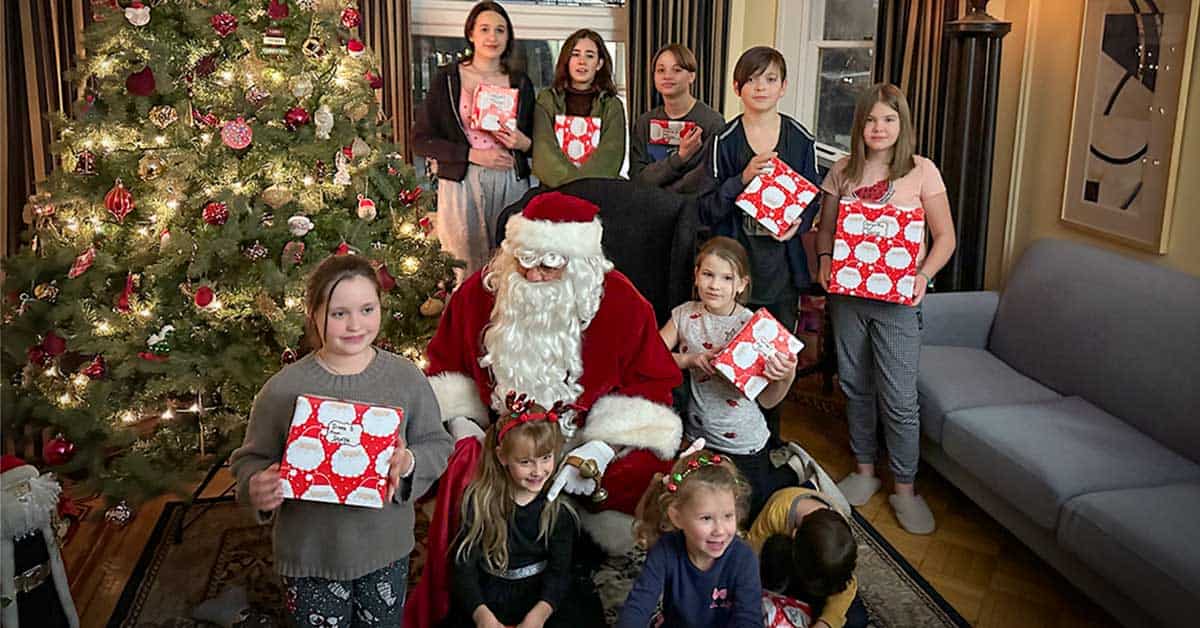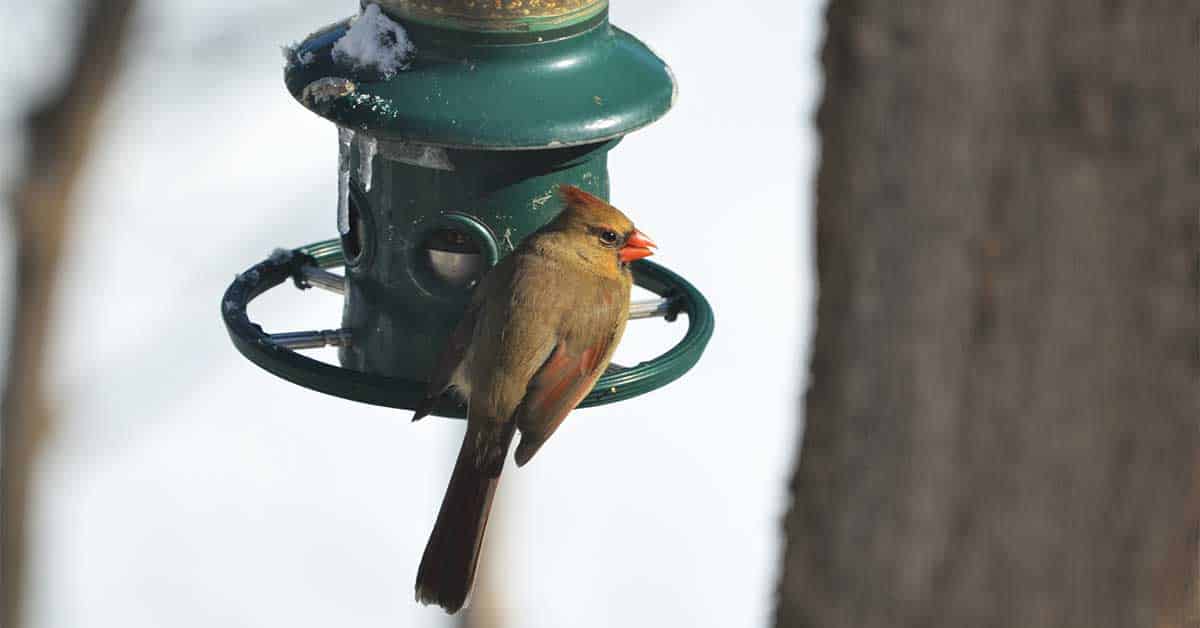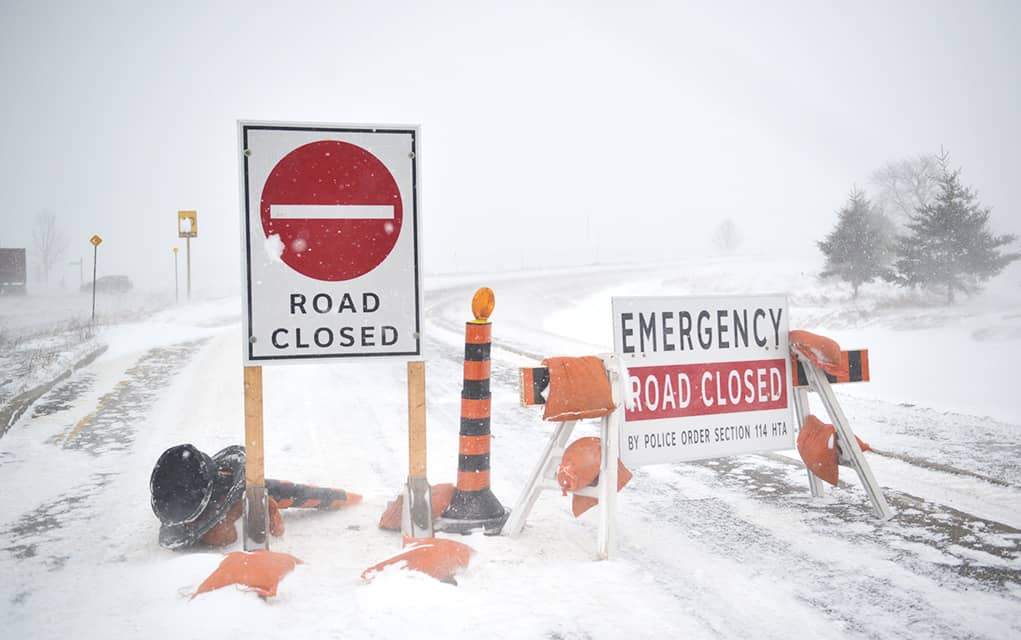Ukrainian refugees hosted in the local community have needed to make more than a few adjustments since arriving in this country. Just now, that means marking a Christmas away from home.
With the holiday season upon us, they’re reflecting on their first Christmas in Canada, as well as their traditions and the state of the things back home.
“I’m thinking about my mother,” said Mariia Mamaisur, who’s staying at the Woolwich Guest House for Ukrainian Families in Transition in St. Jacobs.
“It’s hard because she was sad. A lot of people are now thinking about the season of cold and that Russia can start more aggression at this time – a lot of people think so. I think if Russia starts attacking Kyiv [again], it will be harder than [the] first time because they are now more prepared for it. I’m very afraid about it, and I want to take my mother here or I want to take her to a village near Kyiv. I also think it’s dangerous there and, yeah, she is very sad and she is alone – my brother also not in Ukraine now, so it’s very bad,” Mamaisur said.
While the guest house will still hold celebrations, it is to help take the mind off what is going on, she added.
“You don’t want to celebrate because you’re feeling bad about your family members; people just yesterday asked me maybe we need to do something on New Year’s. Of course we can, but it’s not the same feeling as before and really like I don’t want to celebrate because I feel bad about it. So, I just wanted to celebrate for these people – I do not want [them] to be upset about the situation because they’re here alone without their family members, without friends,” Mamaisur explained.
For most Ukrainians the biggest celebration is New Year’s, explained Andrew Shulgin. That’s when the presents are traditionally given.
“We have two Christmases in our country. The first one the same as here is for Ukrainian Catholics, and for Orthodox Ukrainian Christmas on January 7. So, our Santa Claus comes to Ukraine on December 31. We are very confused as to why Jesus comes on Christmas when Santa Claus comes, so it confuses us,” he said.
For their Christmas in January there are many traditions involved. Typically, they will hold a 12-dish supper representing the 12 apostles in the Bible. They will bring either their godmother or godfather a dish known as kutia or kutya, which is a sweet soup made of raisins or dried fruit, grain, poppy seeds, nuts and honey. They will then sing songs known as kolyadka and each person from oldest to youngest will eat of the kutia.
Children will also dress up in costumes such as animals and carol door to door.
“If this person who opened the door wants to be lucky in this year, they don’t open the door for evil and bad things. They need to ask the kids to come to the door and sing the song and after they need to give money to the kids,” explained Mamaisur.
“So like Halloween, but more positive. We’re thankful that you came, that’s why they give you money, not just to make you go away,” added Shulgin.
A nativity scene in Ukraine is called a Vertep, which is a travelling theatre performance of the traditional story.
Celebrations this year will look different, in line with the Canadian customs to mark Christmas Day.
“This year, we decided to make them the same as you usually do in Canada. So, we want to celebrate the 25th of December and to give some presents for our kids, and to celebrate like you,” Mamaisur said.
They will also be hosting a more traditional Ukrainian Christmas on January 7 as a thank-you to those who have supported residents at the home.
“We have two goals. First of all to say thank you to the people who help us. The second one is to share our history about our traditions. But the main thing is, of course, just to collect all the people as much as we can and say thank you and give some of our national traditional food for this day,” Shulgin said.
For Oleksandr Svitlyk, this time of year is also for thinking about his family.
“I never celebrate Christmas and New Year without my family. I was always with my parents, with my grandparents when we usually come together and celebrate these holidays together, but this time, they are all there. And here it’s hard for us not to be with our families, but we must do it because we have a little daughter and [and because of the] awful things going on in Ukraine,” he said.
His wife Kateryna noted the challenges Ukrainians in the country are still facing as they try to settle in here.
“So many lights and beautiful Christmas trees…and I think my family doesn’t have electricity, and next week Olek’s family will only have four hours per day of electricity. So last year, we had all the celebrations too. We had a beautiful Christmas tree in Kyiv. And so now it’s very different celebrations and very different holidays.”









